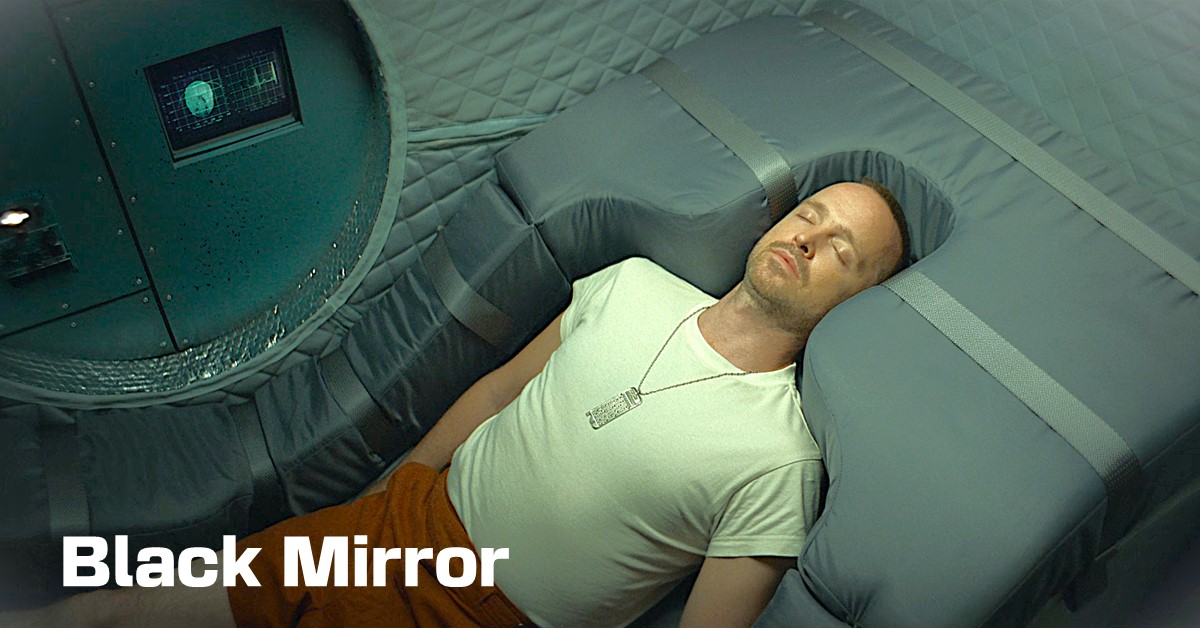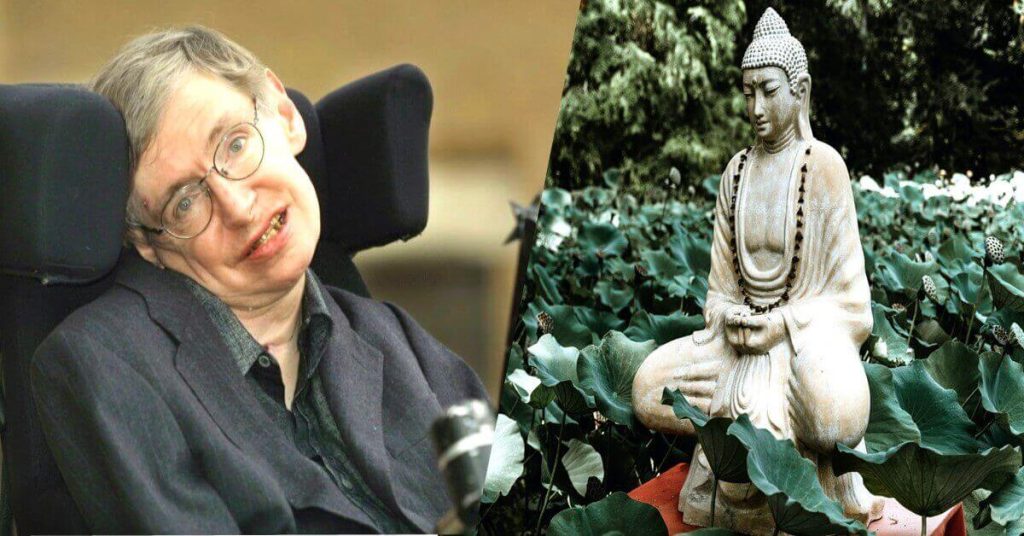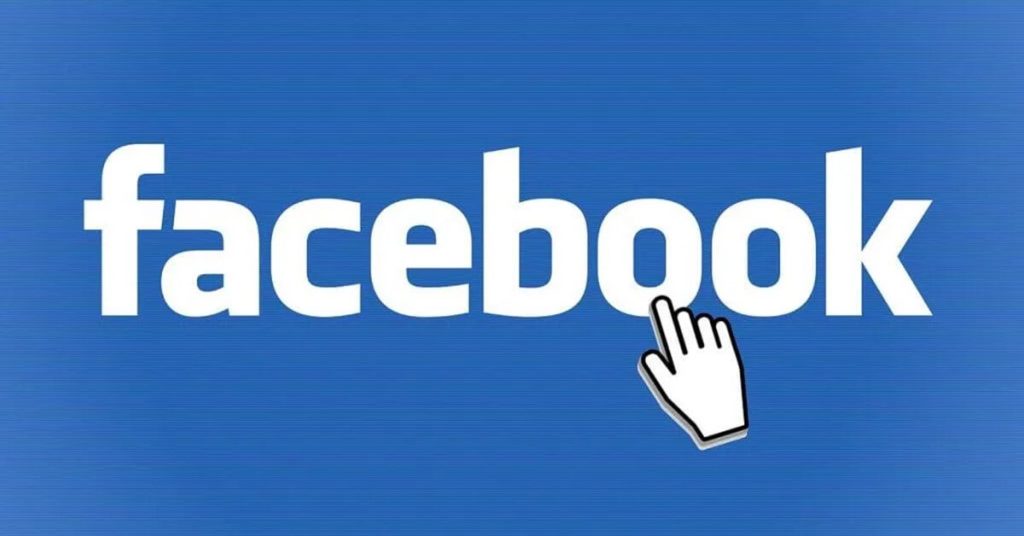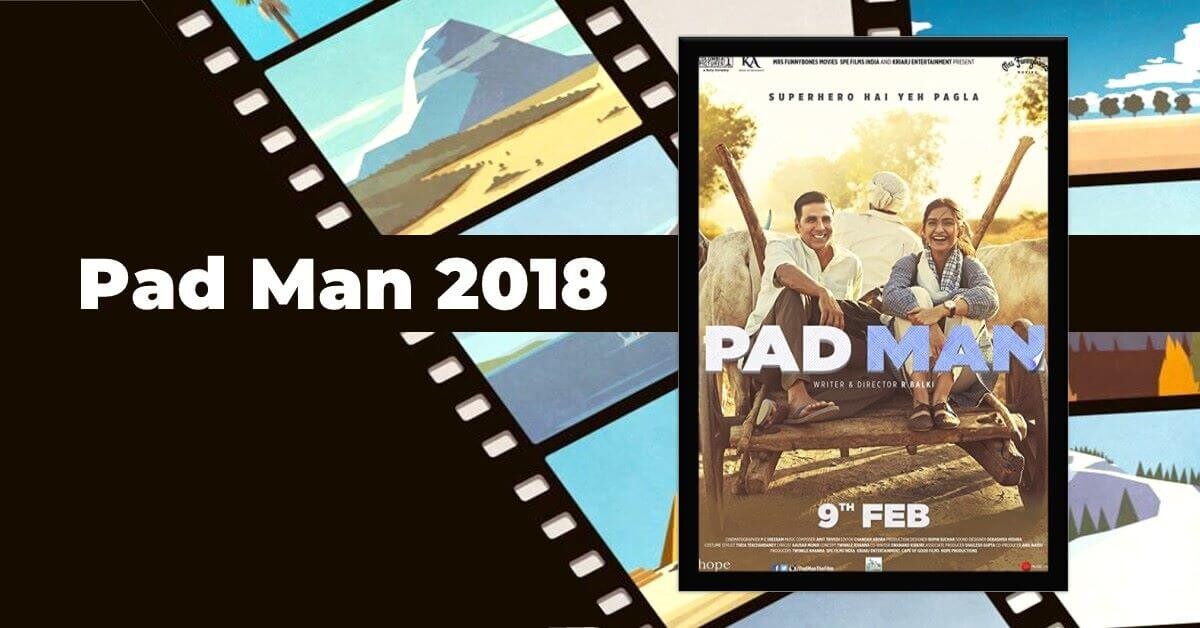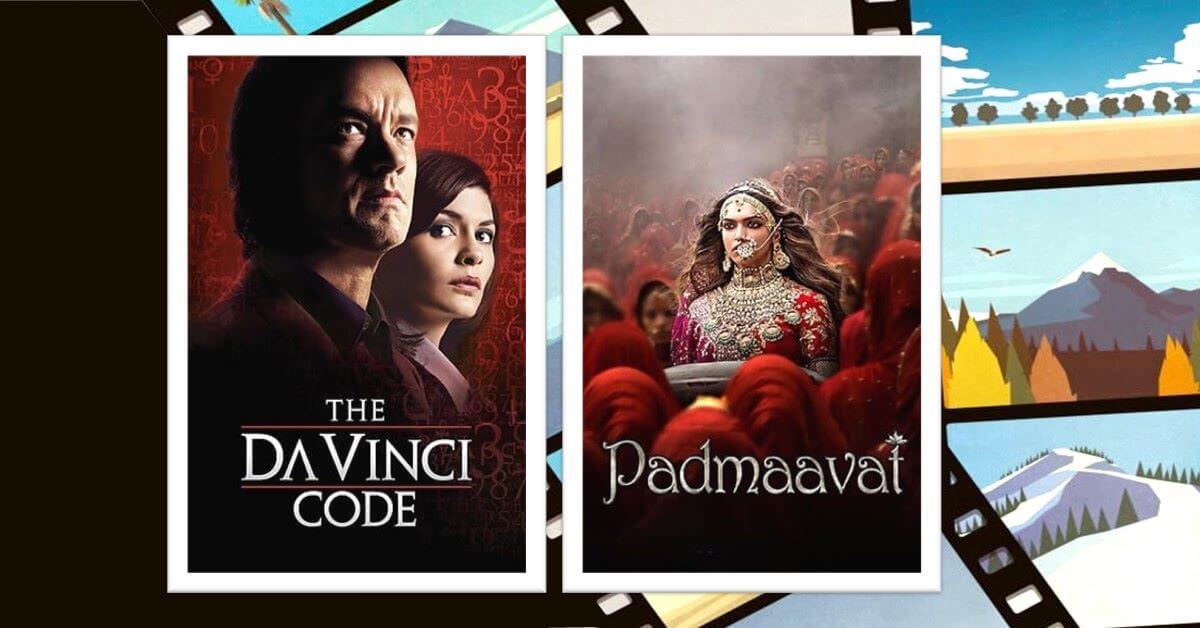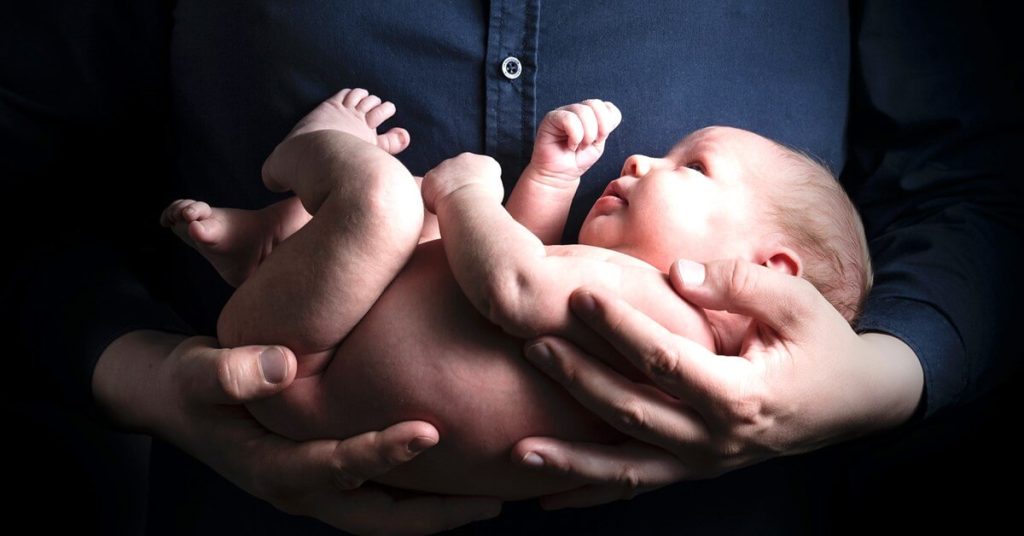Last updated on August 20th, 2024 at 02:06 pm
Black Mirror and reality isn’t just a catchy comparison—it’s a chilling reflection of how our world is evolving. The groundbreaking series has become a blueprint for understanding the darker side of technology and society. As we navigate a world increasingly shaped by AI, social media, and digital surveillance, it’s uncanny how many of the show’s dystopian predictions have already come true. Explore these eerie parallels.
What Black Mirror presents about the possible danger of technology may become an unprecedented reality one day.
The unmindful pursuit and ubiquitous rivalry to develop it may kill all the human institutions one day. In fact, some of what it predicts are already in our midst, and some are on their way. In “Robotic life: is humankind nearing extinction?”, I tried to show some possibilities behind the concern based on the rapidly altered human lifestyle. This time we will see how human behavioural patterns are influenced by technology
Human institutions like moral, emphatical, intuitive and ethical will have to face constant struggle if what are predicted or observed in the TV series Black Mirror are to occur one day. The intimate and integral elements of humankind will be hijacked by omnipresent technologies. True that the unprecedented technological progress will appallingly minimise users’ woes, pain, and many humanitarian efforts.
People will not mourn over the lost ones one day. Loved ones will no longer have to live with the memories of dead ones. People may one day forget or not know how to cry because they will be free of pain of all kinds.
Financial prosperity will enable all to effort technologies that help them assuage pain or make the forget them. People will buy their comforts at the expense of human interaction. They will need none, value none, because technologies will provide them with everything, from physical food to the food of genitals.
One thing is certain that human beings will no longer consider fellow beings as companions. They will be living with technology, for technological pleasure only within themselves. The way it has been disengaging people from their community, one day it will become the lone element to fill their loneliness.
Let’s consider one episode of the Black Mirror, where one woman lost her lover. While grieving, someone offered his help to mitigate the pain of her loss. He told her that there was a website like Facebook, and can chat with her lover while signing up. Singed up, to her surprise, she starts chatting with a person on the other end over the computer who chats exactly the same way her lost lover would do, choosing the same sets of words he would do, cracking the same jokes he would do.
But when she gets bored with chatting, she hoped that she could talk to him now over the phone. Yet again, when she talks with him, to her bewilderment, she found out that the man over the phone speaks the same way with the very same voice.
After a while, she cannot believe that her lover is dead. One day she wanted to see him in person, and she was asked to upgrade the privilege by the service provider.
Once the service has been upgraded, the particular company will deliver a package to her door. It’s a humanoid, life-like robot. What she has to do is keep it socked in the bathtub after assembling. The next morning she notices that the robot approaches her from the bathroom in his towel in a very similar appearance to her dead lover. He is not dead anymore. No more grieving. This man can talk, make love, and accompany her like her lost lover. The only thing it misses is human emotion, conscience and consideration which people now take on the nominal value.
One day people will not need them anymore, use them no more, cultivate them no more, so what difference does it make? I think the time is already here when people are already starting their reliance on robots, and marrying robots.
Another striking episode of the Black Mirror is ‘Star Rating’ services. It tells how already the present future has been dealing with us in terms of being valued and valuable in the market-driven society. The market will no longer value people based on what or who he is, but rather based on the ‘star rating’ one gets during his daily interaction with his fellow beings.
Let’s say you needed emergency medical care and you approached the reception counter of the medical. You have noticed that people are in the queue for registration. When your turn came you realised that only 5-star rated people are privileged ones to avail the expected services. You will have to show your device to prove your ratings. Just because you could not achieve a 5-star level, you are told to go and come back once you have reached the target level.
Now you will have to leave the hospital and frantically search for the kind people who may help you rate with a few stars, exactly the way we do when from the operation theatre we are told to arrange a particular type of blood to save someone’s life.
These phenomena are already amid us. Every time we ride Uber, we are required to rate our driver, and they are also asked to rate the passengers. That way, it helps the driver to trust the passengers and passengers can rely on them. The better is rating the easier, quicker and more probability to get the service.
Now technology users rate both, the service receivers and provider. Foods are rated, movies are rated, books are bought according to rating, behaviour is rated, talents are rated, appearance is rated, and after all pleasure is rated.
The proponents of tech users may see it as a brilliant and justified way of getting served based on service seekers’ ratings. Because a better rating is followed by better service, while better service means better human interaction.
Which is a good side, no doubt. But in expecting a particular level of rating for a particular service equally from a number of service seekers, we put the varied human temperament on the same scale. We expect the service seekers to behave like others who are eligible for the services. The tendency in turn will ultimately breed a behavioural homogeneity. Because technology expects homogenous behaviour from the users.
While human behavioural homogeneity is impossible, expecting the same level of rating from the service seekers is futile. Therefore, the service seekers must not be expected to expect the expected services until the ratings comply with requirements. Or perhaps, behavioural homogeneity will not sound futile when there will be no differences in human personal interaction! Technology will align the behavioural discrepancies in one straight line, one day. Life and death situations will be valued or judged based on the ratings.
Along the way, the only thing we will be expecting from others is ratings. Rating for the sake of being rated, and to rate reciprocally. Want to hide a secret of your life? That may not be possible anymore!
A tiny device put on one side of your head ‘recaller’ attached to a small monitor will be able to recall and display whatever has happened in a person’s life. Maybe one day there will be no need for lawyers and attorneys to fight for their side of the case arguing just, unjust, convicted or innocent. The court of law will just need a ‘recaller’ to find out the lies and crimes by taking control of one’s brain. sophisticated technology will bring death to the users in sophisticated ways.
Our eyes, including of an infant, will bring our dead as long as they are open to witnessing any activities of criminal minds.
An infant may not be granted as a witness to court, but with ‘recaller’ it can be a vital source of information. An animal or a bird fortunate enough to escape a criminal’s hand may end up in court as a witness. The ‘recaller’ can extract information from its brain. Therefore, no mercy on an infant or a pet as well. Leaving them alive might end up taking a criminal face the consequences. The benefited and the benefactor, both be in danger of annihilation by each other.
Then, there comes the Metalhead- an invincible and indestructible guarding robot with supervision. Wired and built with sophisticated technology, it will never fail to kill its target. There is no hiding place for human beings to escape or regrate their crimes before getting killed by it. They either have to kill themselves or be killed by it. There is no escape. Technology wins over humans. But, how about the game with our DNA?
The coding geniuses will make our computer versions of us. Our existence with DNA will end up in their fridges. They will take revenge on us for any kind of adversity with them. the digital version of us will roam the earth even after our demise. We will no longer be away from the people who are neurologically dead. With a certain device installed in our brain and in the brain of the medically dead person, we can communicate with the person.
The person feels pain and pleasure through our feelings, and emotions, and sees the things we see with our eyes. The neurotransmitter devices will connect two minds together, and pair them together. A person in a comma may be able to communicate.
The neurotransmitter device that connects two minds, can help one heighten the libidinal pleasure with both minds attached. The fatalities, that it can create a pain addiction among some people. The feeling of pain for someone else can turn into an addictive habit. The ‘pain addiction’ causes self-harms. It can escalate to a level when a pain additive person kills himself in seeking pleasure. Afraid of losing your only child, or are you a protective parent to control your child’s moments? Technology brings you the Arkangel.
A simple insertion of the Arkangel device inside the head can help parents to keep an eye on their children without having to worry about getting them lost. The implant helps track the carrier and automatically sends an alarm to the police if goes missing. A parent can even see on the collected tablet what a child is seeing and observing.
A parent can limit what a child sees as well. If she thinks a particular object may rise the child’s cortisol level, the parent can turn on the filter, to block the unexpected scene or images. With images blurred, it also distorts the sound and blocks a particular emotion.
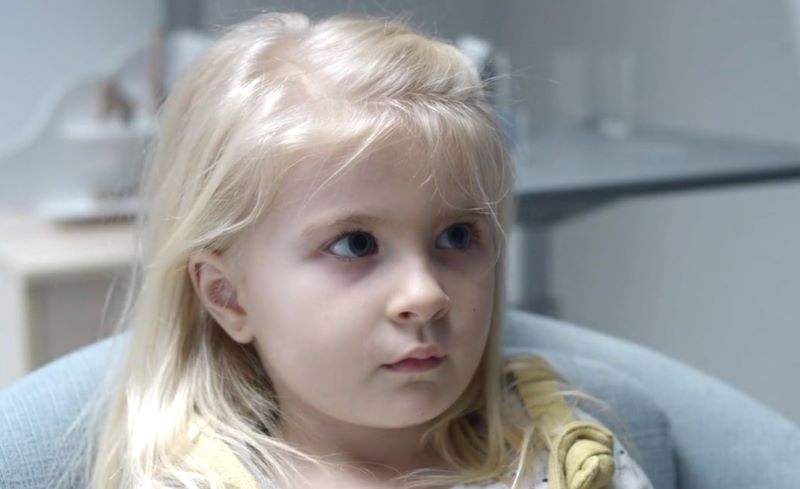
Overprotective parents can adopt the system to keep an eye on their children about where they go, what people they are mixing with or what addiction they are developing. While the aim of the device is to keep your surveillance on your precious children, limiting their movement, and preventing them from facing the reality that helps the brain develop to cope with the surrounding environment in the process of survival, a child may remain underdeveloped mentally or neurologically.
It is true that parents can intervene instantaneously when their children are in danger or consume narcotics, but they will end up coming in the way of children’s growing process, such as physical intimacy with the opposite gender. The intervention may backfire eventually and is unexpected by children. People don’t expect, at any rate, or cost, any intervention to their choices, either romantic or addictive.
People, especially children, learn to behave, survive, and fight along the way, through fatalities, mistakes and immature decisions they take while exploring life and the possibilities.
Yes, not all possibilities are meant to bear success over other fellow beings. But this is how nature works. It destroys the redundancy and preserves the beneficial agents. But human parents impose the ideals they hold true and absolute on their offspring’s progress and success. In the name of building ideal men, ideal children, and successful human beings, the parents nowadays enchain them, control them, and instead of nurturing them, torture them.
They are obsessed with their children’s character and success, which they must avert at some points. Because, like many others, I also believe that we cannot impose the character ideals, and success mantra equally on everyone, which every parent naturally does.
I certainly believe some people are destined to be destroyed, go astray and led others astray. Some souls are defiled, deformed and deserted. No matter what moral input they have been provided with, they will choose morally corruptive behaviour. What holds true to them is, “Let the storm burst my fixed resolve still holds, nothing can make me other than what I am.” Character is predestined to them, nothing, not logic, schooling or education alters their mental hold.
However, experience to them can be the noblest form of education. The loss, humiliation, struggle of survival, carelessness, and being unprotective can bring them back to the moral track, to consideration. If success is a matter of opportunity, then morality and being moral is a matter of choice. Moreover, moral responsibility implies the existence of the free will. If by the dint of free will, we are free to be moral, just and have the right to be good, so do we must have free will or the right to be corrupt or morally degraded. Our life, our choice.
Nevertheless, morality and character are not families or institutional products. Just as the privileged people with social and institutional input may go wrong with their character, the underprivileged human beings without institutional education may turn out to be excellent examples of right living.
To the point what I have tried is to show the foreseeable fallibility and dangers of ever-thriving technologies. No doubt that it has opened up a new horizon of hope of opportunity for the discriminated against individuals to be heard. Easier now than ever to save more lives, inform more people of committed injustice, connect more friends, and go beyond the boundary of understanding and knowing, but there are still some human affairs that must be left to humans or nature to deal with.
Communicating the natural with unnatural forces like technology may disengage ourselves from ourselves and our own selves. Humans must live and dies for human beings alone.
